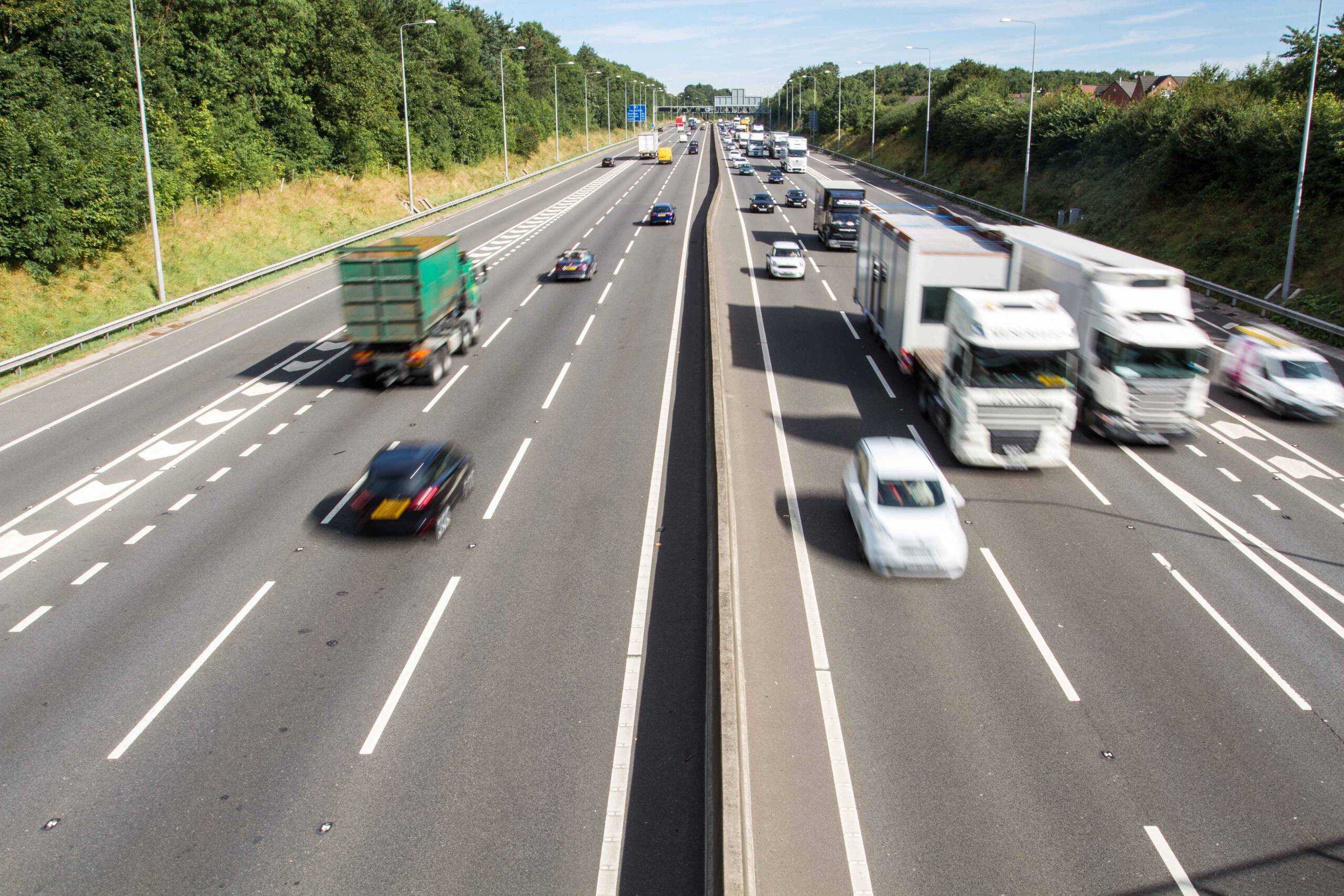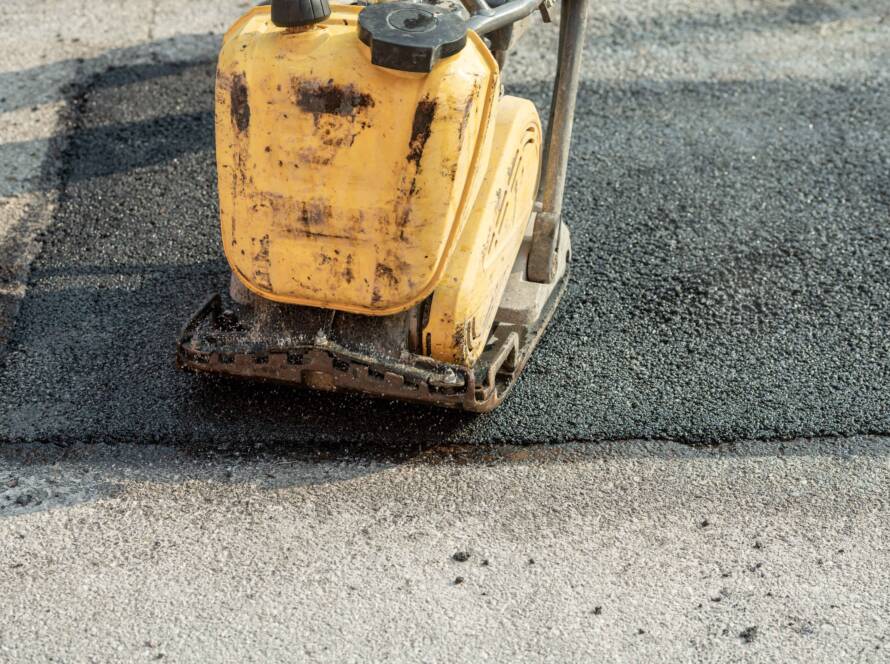Noise pollution is one of the most persistent environmental concerns in modern cities and towns. While most people focus on vehicle engines as the source, road surface type plays a significant — and often overlooked — role in traffic noise levels. In this blog, we explore how low-noise road surfacing can make a noticeable difference and how choosing the right materials helps reduce sound for drivers, pedestrians, and nearby residents.
🛣️ How Does Road Surfacing Affect Noise?
Every time a vehicle moves, its tyres interact with the surface below. The texture, material, and condition of that surface affect how much noise is generated. Key factors include:
-
Surface texture (rough vs. smooth)
-
Porosity (how well the material absorbs sound)
-
Joint frequency (in materials like concrete slabs)
-
Condition and age (cracks and unevenness amplify noise)
Simply put, smoother and more absorbent materials create quieter roads.

🔇 What Is Low-Noise Road Surfacing?
Low-noise road surfacing refers to using specific materials and construction techniques that reduce tyre and surface interaction noise. This doesn’t eliminate traffic noise entirely but can significantly reduce it — often by 3 to 5 decibels, which is noticeable to the human ear.
This is especially important in urban areas, near schools, hospitals, and residential estates, where even small reductions in sound can improve well-being.
Materials That Minimise Road Noise
Several surfacing types are better at reducing sound:
1. Porous Asphalt
This type allows air and water to pass through, which reduces tyre noise and improves drainage — making it both safer and quieter.
2. Stone Mastic Asphalt (SMA)
SMA has a smooth finish with fine aggregates that reduce surface roughness and create less friction noise.
3. Dense Bituminous Macadam (DBM)
DBM is often used in the base layer but can also be laid on top with a fine wearing course to minimise sound.
At Total Surfacing Solutions, we specialise in these modern techniques, tailored for both residential and commercial use. Explore our full list of services here.
🏗️ Applications of Low-Noise Surfacing
Low-noise surfacing isn’t just for motorways. It’s widely used across:
-
Tarmac driveway projects in Hertfordshire
-
Tarmac pathways in Hertfordshire near schools and parks
-
Car park tarmac services in Hertfordshire to reduce urban soundscapes
-
Residential estates seeking peace and quiet
-
Industrial parks and commercial driveways
If you’re considering a new installation, working with experienced commercial tarmac contractors in Hertfordshire can ensure a solution that balances durability with noise control.
🛠️ Tarmac Installation for Quieter Roads
Installing low-noise surfaces requires precision. At Total Surfacing Solutions, our team provides professional tarmac installation in Hertfordshire, using quality aggregates and laying equipment that ensures optimal compaction and finish.
Whether it’s a private driveway or a busy commercial area, we help you reduce noise, improve comfort, and extend surface lifespan.
Ready to upgrade your road or driveway? Request your free quote here.
👷 Why Work With Total Surfacing Solutions?
With years of experience in tarmac surfacing across Hertfordshire, we understand the science behind quieter roads. From car park tarmac services to bespoke tarmac driveways, our team helps you choose the best materials for sound control, aesthetics, and longevity.
We’re proud to support the local community with environmentally conscious, low-noise surfacing options.
📞 Final Thoughts
Road noise may not be the first concern when resurfacing, but the type of surface you choose makes a real difference. With the right materials and experienced contractors, your project can be quieter, safer, and longer-lasting.
If you’re planning a surfacing project and want to reduce road noise, get in touch with the experts in low-noise road surfacing.



